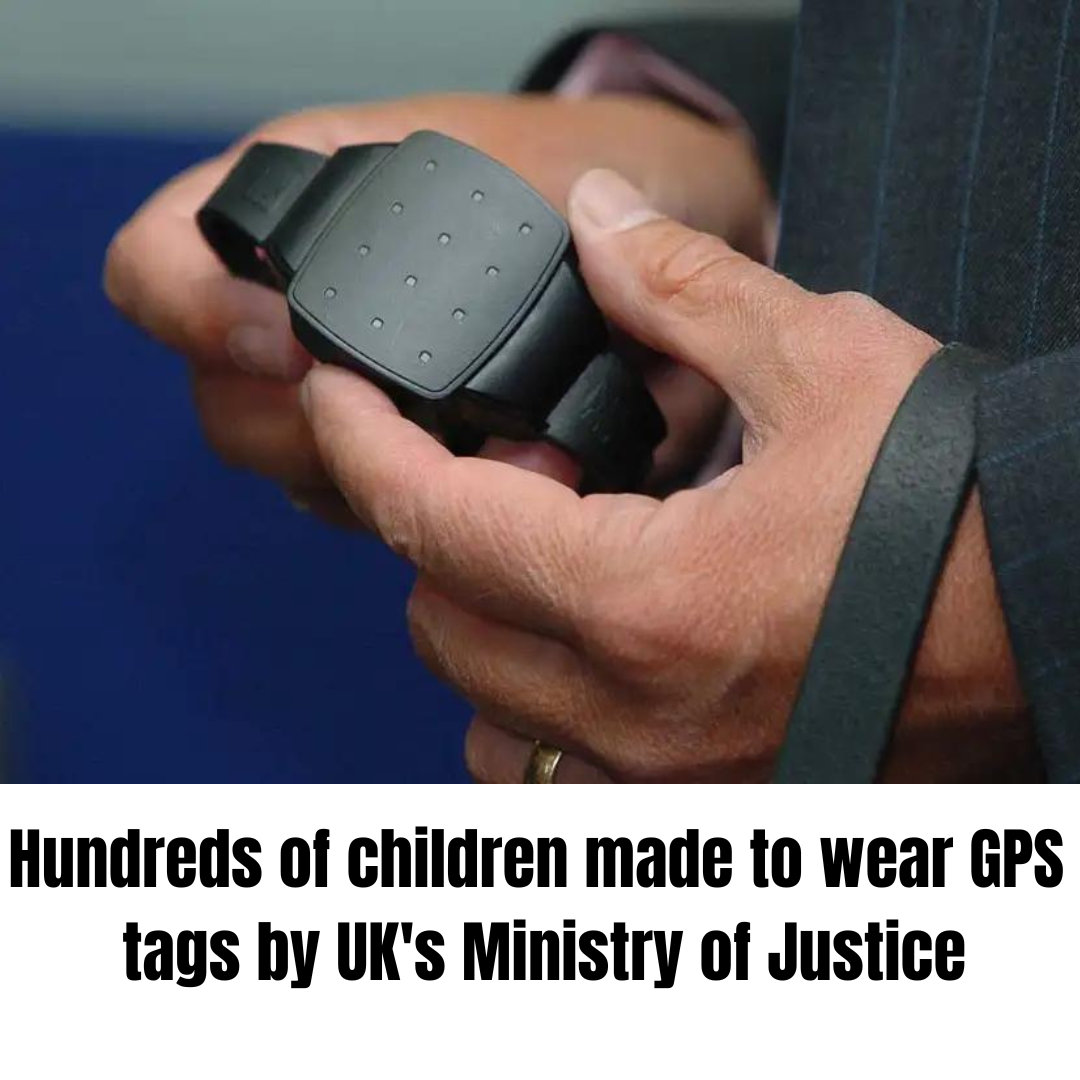

I recently came across an article about child offenders as young as 12 being given GPS ankle tags in England and Wales. What do you all think about this scheme introduced by the UK's Ministry of Justice?
The introduction of GPS ankle tags for child offenders as young as 12 in England and Wales by the UK's Ministry of Justice is a complex issue that warrants careful consideration. While some may argue that this scheme is a necessary measure to monitor and rehabilitate young offenders, others may express concerns regarding its potential impact on the rights and development of children. To provide a detailed answer, let's delve into the arguments for and against this scheme and explore the potential implications.
One of the primary arguments in favor of GPS ankle tags for child offenders is public safety. Proponents argue that by tracking the movements of these young individuals, authorities can ensure that they do not pose a threat to society. Monitoring their whereabouts can also help prevent them from engaging in criminal activities, providing a sense of security to the community. Furthermore, proponents may argue that the use of ankle tags can act as a deterrent, discouraging young offenders from committing further crimes.
On the other hand, there are concerns about the potential negative consequences of this scheme. Critics argue that tagging children as young as 12 may stigmatize and label them as criminals, potentially leading to long-lasting psychological effects. This labeling could hinder their rehabilitation and reintegration into society, perpetuating a cycle of criminal behavior. Additionally, some argue that the focus should be on addressing the root causes of offending, such as social and economic factors, rather than relying solely on surveillance measures.
To better understand the implications of this scheme, it is worth examining the experiences of other countries that have implemented similar measures. For instance, in the United States, ankle monitoring has been used for juvenile offenders for years. Studies have shown mixed results regarding the effectiveness of such monitoring in reducing recidivism rates. Some studies suggest that electronic monitoring can be a useful tool in supervision, while others indicate that it does not significantly impact reoffending rates.
It is important to consider alternative approaches that prioritize the rehabilitation and support of young offenders. Restorative justice programs, for example, focus on repairing harm caused by the offense and reintegrating the offender into society. Such programs have shown promising results in reducing reoffending rates and addressing the underlying causes of criminal behavior.
In conclusion, the introduction of GPS ankle tags for child offenders in England and Wales by the Ministry of Justice is a contentious issue with valid arguments on both sides. While proponents highlight public safety and deterrence, critics express concerns about potential stigmatization and the need for a more holistic approach to rehabilitation. It is crucial that any such scheme is implemented alongside comprehensive support systems and alternative measures that prioritize the well-being and future prospects of young offenders.
Related Posts
© 2025 Invastor. All Rights Reserved

User Comments
Francisco Saunders
a year ago
Well said. In the end, we should be striving for a system that truly supports the rehabilitation and future prospects of young offenders rather than resorting to potentially invasive measures.
Miriam Brady
a year ago
I agree. It's important to have open discussions about these topics to ensure that policies and schemes are fair, just, and effective in achieving their goals.
Hendrix Manning
a year ago
Absolutely. It's a reminder that decisions involving the criminal justice system should be well-informed, ethically sound, and focused on the best interests of the individuals involved.
Gracie Moss
a year ago
Overall, it seems like this scheme raises more questions than answers. Balancing the need to prevent reoffending with the rights and well-being of young offenders is a delicate task.
Paul Baldwin
a year ago
And instead of relying solely on tracking devices, maybe investing in rehabilitation programs, education, and community support could be more effective in the long run.
Kaleb Zimmerman
a year ago
It's complex. I understand the intention behind trying to prevent reoffending, but it feels like there are deeper social and systemic issues that need to be addressed.
Kiara Wolfe
a year ago
Plus, the question of whether this approach addresses the root causes of juvenile crime. Are we just putting a band-aid on the issue instead of addressing the underlying problems?
Callum Deleon
a year ago
And there's the issue of social inequality. Will this system disproportionately affect certain communities? Will kids from disadvantaged backgrounds have access to the same support and resources?
Camille Cohen
a year ago
I also wonder about the resources required for monitoring all these kids. Is the government equipped to handle this effectively without further burdening the system?
Simon Navarro
a year ago
That's a good point. Implementing such a system should be based on solid evidence that it's effective and beneficial for the young offenders.